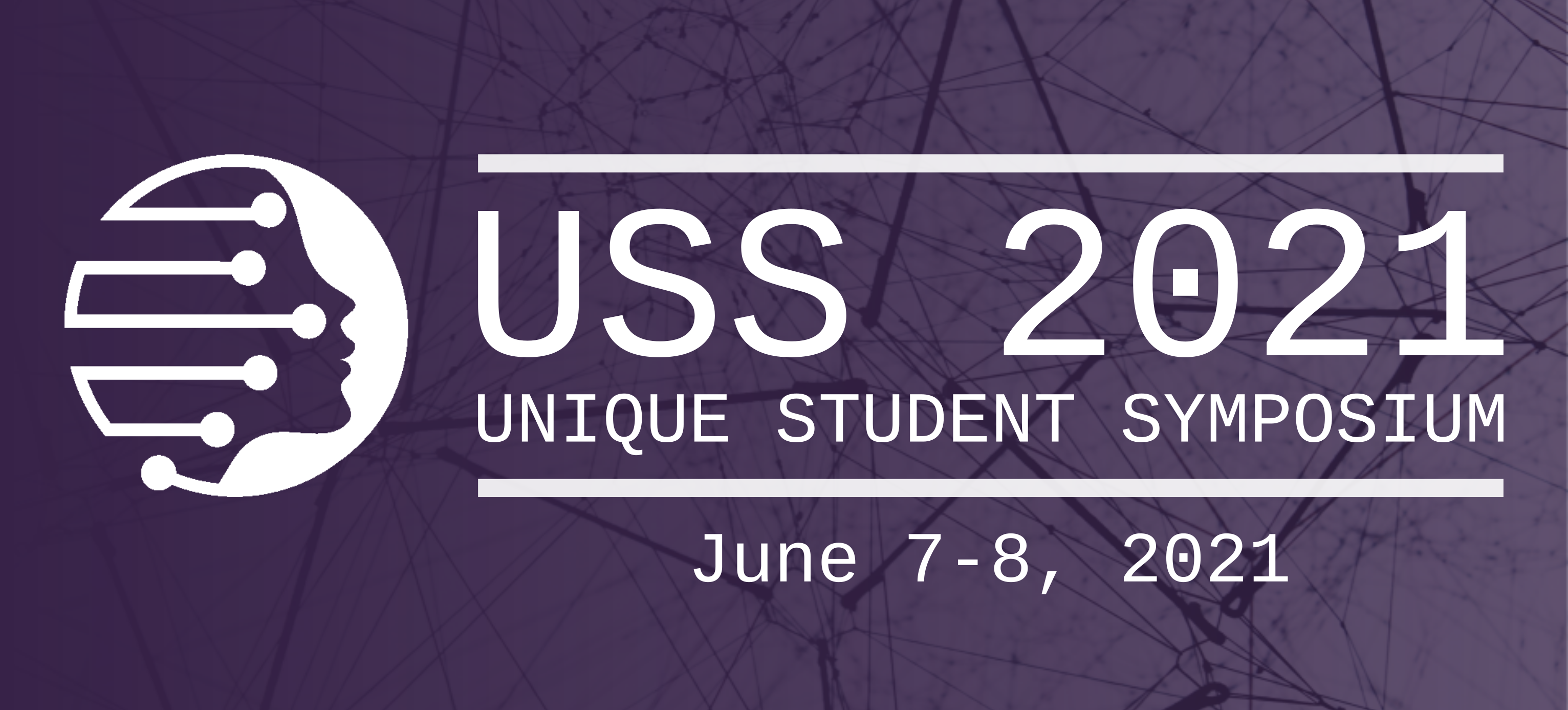| 14:15 - 15:00 |
Workshop |
Samuel Guay
,
Andréanne Proulx
|
First steps into Open Science
[Slides]
- This workshop aims to introduce the broad concept that is open science from a global perspective. We will touch on three core aspects that open science is based on, namely processes (e.g., collaboration, reproducibility), Products (e.g., Open Data, Open Materials), and Values (e.g., freedom, equity). We will then showcase some tools and state-of-the-art examples of openness from the Neuro-AI field. If time permits, we will end the workshop by collaboratively (yes, all of us!) creating a Neuro-AI open science student guide.
- This workshop aims to introduce the broad concept that is open science from a global perspective. We will touch on three core aspects that open science is based on, namely processes (e.g., collaboration, reproducibility), Products (e.g., Open Data, Open Materials), and Values (e.g., freedom, equity). We will then showcase some tools and state-of-the-art examples of openness from the Neuro-AI field. If time permits, we will end the workshop by collaboratively (yes, all of us!) creating a Neuro-AI open science student guide.
|
|
| 15:15 - 16:00 |
Workshop |
Madeleine Elise Nadler
|
Developing, Disseminating, and Diversifying Knowledge: An Introduction to Equity, Diversity, and Inclusion (EDI) in Academia
[Slides]
- This workshop is designed for new students as well as those with no background in Equity, Diversity, and Inclusion (EDI). The workshop aims to help develop awareness of EDI concepts and issues in Academia. Participants will be introduced to basics of EDI in both theory and reality with relation to data-driven research as well as current events.
|
|
